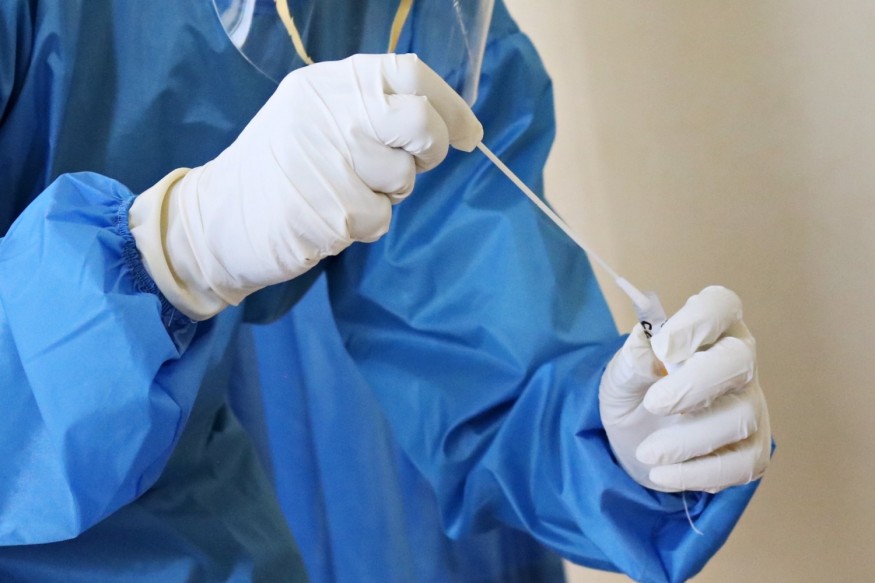Researchers at Yale University discovered that a Connecticut resident was infected with COVID-19 for at least 471 days. The infected resident suffered from lymphoma and had undergone three various mutations. The patient, who is around 60 years old, is the longest known COVID-19 patient in the world.

COVID-19 Case in Connecticut
Yale University conducted surveillance of COVID-19 variants in Connecticut. Upon inspection, the researchers discovered that the B.1.517 strain was circulating in the area. This variant was not seen around the world for some time last year.
The researchers traced back the source of the virus. They found out that all infections were linked to a single patient living in a part of the state that the researchers did not disclose. They also discovered that the virus was changing in their bodies at a rate unusual for a typical infection. The researchers said the virus mutates twice as fast as its regular pace. As a result, three completely different distinct genotypes of the virus were developed.
Further examination revealed that the individual had three distinct sub-lineages of the virus in the bloodstream, indicating that they were a vector for mutation.
According to the researchers, the chronic infection accelerated SARS-CoV-2 evolution and divergence. They hypothesize that this may have contributed to the creation of genetically distinct SARS-CoV-2 variants such as Omicron, Delta, and Alpha. The complete details of the study were posted on MedRxiv website.
Long Covid Phenomena
Long Covid has been recorded several times in the past year. One of these cases was published on the National Library of Medicine website in August 2021. It was the longest reported case of symptomatic COVID-19 at that time, where an immunocompromised patient residing in the US suffered from the virus for over 230 days.
In April 2022, another longest Covid case was reported, lasting 505 days before the patient died.
"There are many people who have been infected with COVID who are suffering with an extraordinary set of symptoms, and yet, we've been unable to identify an approach which reflects their altered physiology. However, their stories and experiences can help unlock what this is, and if we work together, we can make progress towards alleviating their suffering," Harlan Krumholz, MD, Harold H. Hines, Jr. Professor of Medicine (Cardiology) said in a post in Yale School of Medicine website.
According to The Centers for Disease Control and Prevention (CDC), patients with long Covid have symptoms of coronavirus after initial exposure to the virus. However, Yale researcher Akiko Iwasaki, Ph.D., said there is still no universal definition of such a Covid case.
Over 200 different symptoms were reported by patients who suffered long Covid. The patient complains of brain fog, difficulty concentrating, shortness of breath, palpitations, tremors, insomnia, gastrointestinal problems, and high and low blood pressure.
Iwasaki said some people have mild cases. However, some individuals were disabled by the virus. Due to their inability to work, they experienced financial difficulties and the social and emotional effects of being able to function in society. She said those patients were formerly extremely happy and healthy before contracting the virus.
RELATED ARTICLE: New COVID-19 Delta Variant Subtype Confirmed in UK; AY.4.2 More Transmissible
Check out more news and information on Medicine and Health in Science Times.










